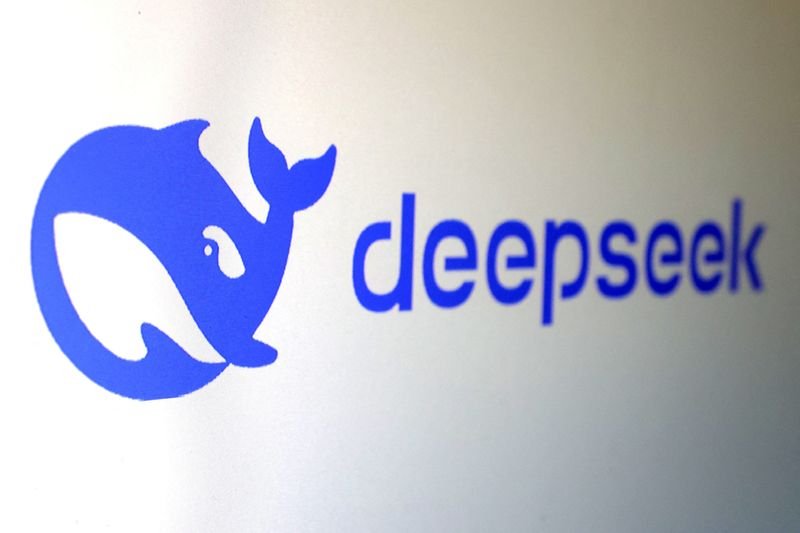Irish domestic economy nearing pre-pandemic levels – central bank
Published by maria gbaf
Posted on October 6, 2021
2 min readLast updated: January 31, 2026

Published by maria gbaf
Posted on October 6, 2021
2 min readLast updated: January 31, 2026

Ireland's economy is set to reach pre-pandemic levels by the end of the year, driven by strong consumption, according to the central bank.
DUBLIN (Reuters) – Irish domestic economic activity will reach its pre-coronavirus pandemic level by the end of this year thanks to a stronger than expected surge in consumption that will add to inflationary pressure, the country’s central bank said on Wednesday.
However, local price pressures are expected to ease towards the latter half of next year, the Irish authority said, echoing the European Central Bank‘s view that many of the drivers of a recent spike in euro zone inflation are temporary.
Ireland’s central bank expects modified domestic demand, its preferred measure for the health of the economy, to increase by 5.5% this year, up from the 3.4% it forecast three months ago, and by 7.1% next year versus 5.6% previously.
Gross domestic product (GDP) is set to jump by 15.3% – in line with government forecasts – but the central bank said this will again be distorted by the activities of multinationals that do not represent their actual contribution to the Irish economy.
GDP is likely to overstate the underlying rate of growth in the Irish economy by around threefold, it said, recommending that further datapoints be developed so Ireland’s national accounts can be better used for analysis and policymaking.
Ireland’s budget deficit will fall to 7.5% of modified gross national income (GNI*) as a result of the strong rebound from one of Europe’s toughest lockdown regimes, better than the 9.4% the government pencilled into its budget plans in July.
The deficit will improve considerably to 4.2% of GNI* next year and 2.8% in 2023, the central bank said.
It also increased its forecast for inflation next year to 2.9% from 2% previously and said earnings growth would hit 5.1% by the end of the year, before decelerating to 4.8% and 3.4% in 2022 and 2023.
Total inflation is forecast to fall back to 1.9% in 2023.
While labour shortages in some areas are leading to sector specific wage pressures, these are not yet widespread, the bank said. However, it added that persistent increases will eventually have a wider impact and could contribute to more longer lasting inflationary pressures in the economy.
“We’ll be looking at whether the developments in the hot sectors spill over to the other sectors of the economy,” Director of Economics Mark Cassidy told a news conference.
(Reporting by Padraic Halpin; editing by Richard Pullin)
The article discusses the recovery of the Irish domestic economy to pre-pandemic levels by the end of the year.
The central bank forecasts a 5.5% increase in domestic demand and a GDP growth of 15.3%.
Inflation is expected to rise to 2.9% next year before falling back to 1.9% in 2023.
Explore more articles in the Banking category











